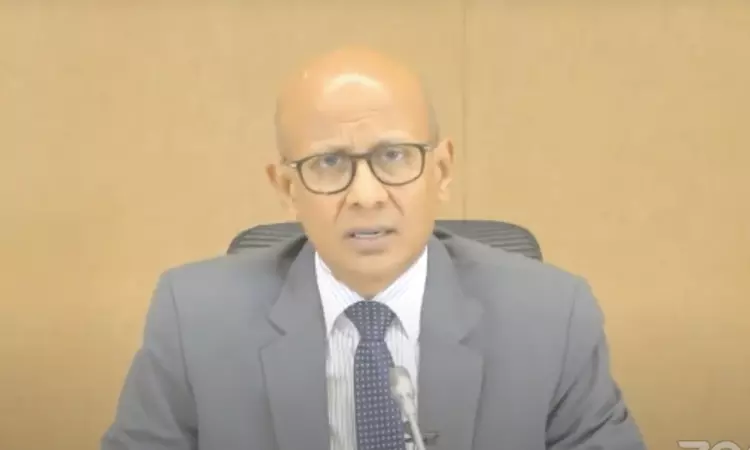Existing Constitution Can't Be Dismembered Under The Guise Of Amending It: Justice PV Sanjay Kumar
Anmol Kaur Bawa
7 July 2024 7:52 PM IST

There is a requirement to retain the basic fundamental structure of the Constitution while amending it, the Supreme Court judge said.
Next Story


